“I have no special gift. I am only passionately curious” – Albert Einstein
Curiosity is an important attribute, thoroughly embraced by the young and often lost along the way by adults caught up in the business of day to day life and the routines they have established.
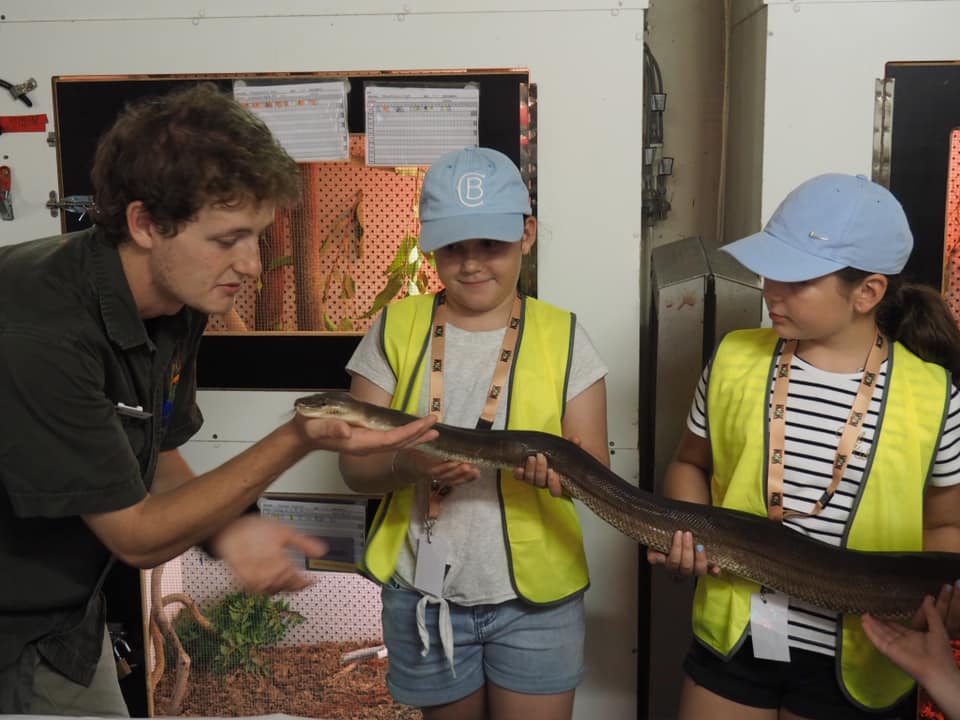
Out of Curiosity : Developing Inquisitive Minds
Table of Contents
When seeking out new travel destinations we look to our kids for inspiration. During dinner discussions, the commute to school or sporting activities we note down their why questions. We are inquisitive about what they are learning at school and what they’ve found interesting. Then, when planning our weekend activities or school holiday travel adventures, we draw on this to plan where to head next.
Striker is often intrigued by history. He loves dates and timelines, enjoys investigating the past and is innately curious about all that came before. Exhibitions and galleries are able to capture his attention for a few moments, but it’s site visits that see his curiosity go into overdrive. Click to read about our exploration of Marko’s Towers.
Our youngest, Sunshine, enjoys science the most and is intrigued by chemical reactions and “what happens when….”. Her natural curiosity for working out how things work have led her to deconstruct many mechanical items around the house and to make many a concoction in the kitchen and garage (all perfectly legal, all safely observed by us). For her, we seek out Museums which offer hands-on experiments and construction activities.
So why do we use our children’s natural curiosity to assist us to identify the destinations and attractions that we head to as a family? Well, that’s easy, we strongly believe that harnessing curiosity can expand their minds and increase their knowledge of the world.
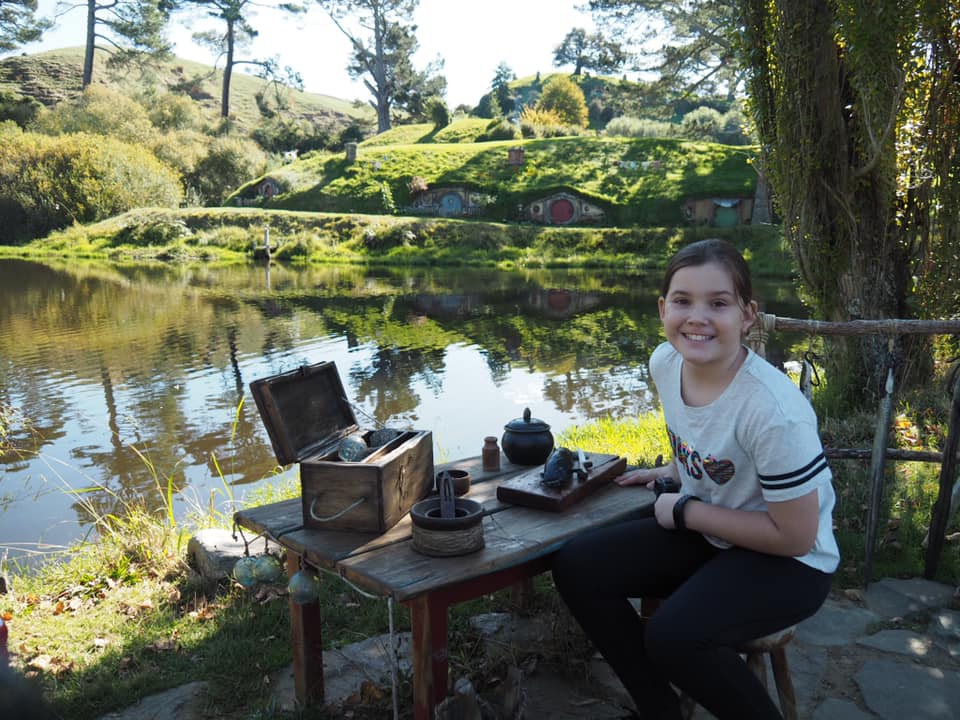
What does curiosity teach us?
1. Learning can be fun
Hot on the trail of their own curiosity, what others may perceive as work morphs into a whole lot of fun for kids. They often find that increasing their skill and knowledge can be quite pleasurable. As they master each step of a process, have those eureka moments, an epiphany or two, the world around begins to make more sense yet it continues to be full of wonder.
2. Failure can be the best learning opportunity
As parents, we can be quite afraid of allowing our children to fail, after all our main goal is to ensure they are happy and successful, right? However, some of the richest learning opportunities are born from failure. So rather than preventing our kids from failing it is important to create an environment where it is safe to take risks and where bouncing back from failure is modelled and supported. This will assist our children’s learning journey as lifelong learners.
I would go as far as saying that failure is necessary for learning. It allows children to use their curiosity to analyse what went wrong, to pull apart processes, receive feedback, and then try again. Through failure, we refine what we are doing. And then, of course, if we fail at something we are more likely to recall that error and learn from it (I will always remember that the Galapagos Islands are a province of Ecuador NOT Argentina thanks to a trivia mistake a few years ago!)
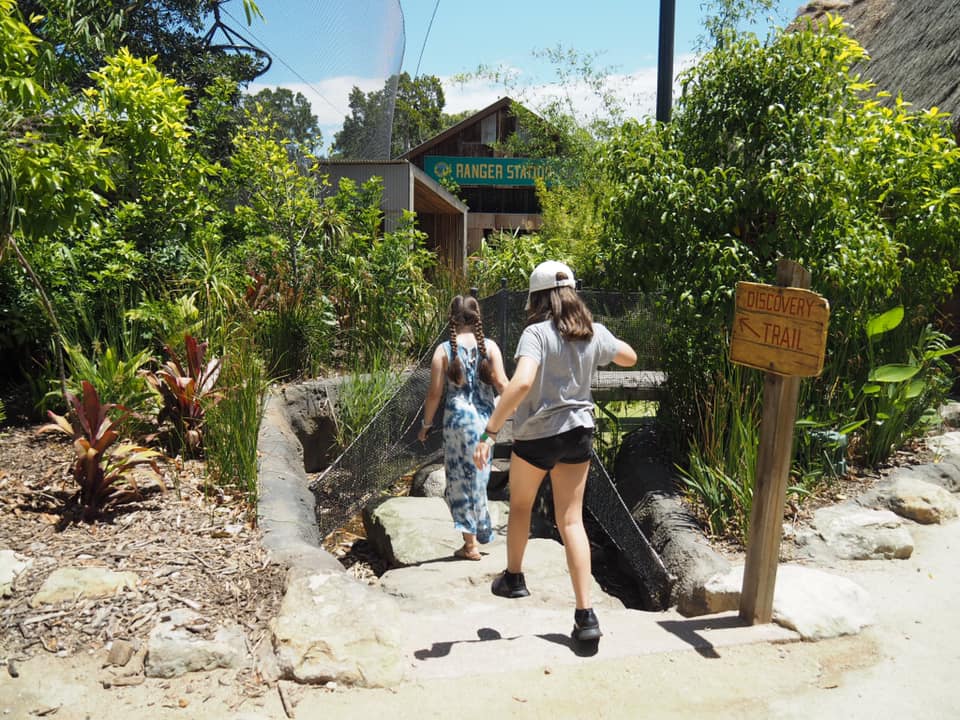
3. Curiosity leads to discovery
Never before have we had such vast amounts of information at our fingertips; you can virtually Google anything! But there are still many unknowns out there, and the only limits we have on learning about these are our own imaginations.
If we wonder, then investigate, wonder a little more and experiment, over time we make discoveries. These enlighten us and through our imaginations, separate us from computers.
4. Boredom becomes the catalyst for change
Low arousal, not much to do….no doubt the kids will start telling you they’re bored. Some of us may even jump to providing a new activity or seeking out a job for the kids to complete so their boredom will disappear. However, boredom is often the kickstart kids need to enacting their curiosity.
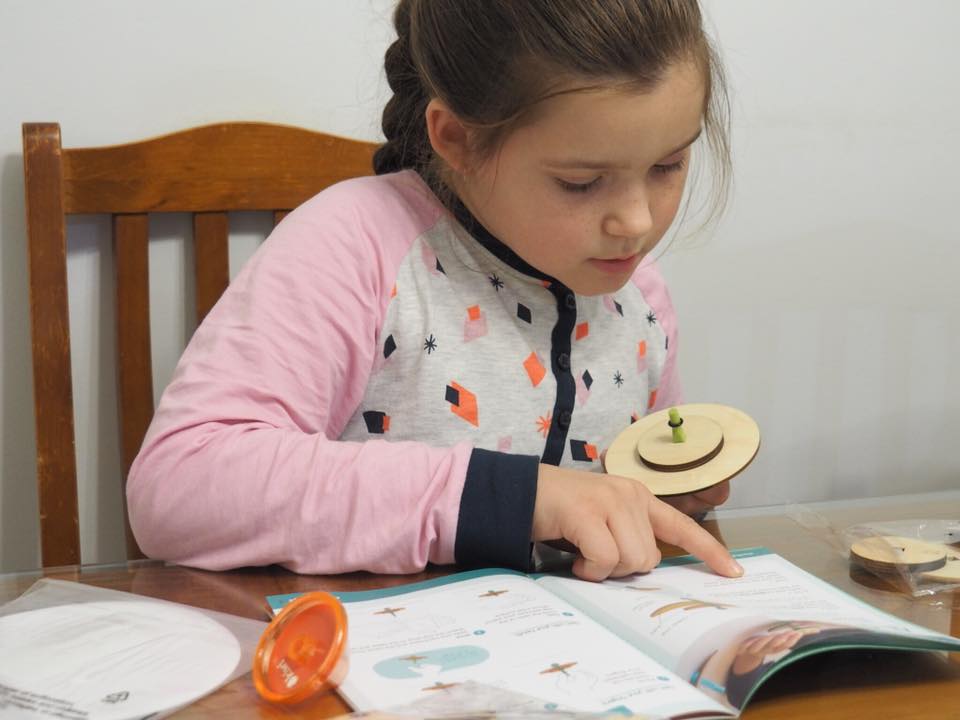
5. Curiosity creates a flexible, open mindset
Imagine a mind open to new ideas, new perspectives and perhaps even new realities. A curious mind anticipates the unknown and seeks to fill the void with new discoveries. A flexible, open mindset allows our children to think outside the box, the marvel at the new without limiting the possibilities.
How to inspire curiosity
Surround your kids with books
I want my children to question, to seek possibilities, to uncover ideas and to always marvel at their discoveries. Obviously, we can’t head off on an adventure every time they wonder about something, so my greatest strategy is…..providing access to a range of books and resources that can be used to research and formulate answers to their burning questions.
Whilst the internet is a great resource I do think books somehow enrich the process a little better. They are tactile, and the turning of the pages somehow feeds the curiosity a little better than the clicking of pages on the net. Books also have the power to take you places – whilst we may not be able to quickly travel to Pompeii to see the power of Mt Vesuvius we can read about it and transport ourselves to the actual eruption thanks to the mighty power of our imaginations.
Both Striker and Sunshine have been surrounded by books since their birth. I have always made a point of investing in good quality books. Sunshine embraced books immediately and seems to always have one with her. Striker, on the other hand, was never that interested until the end of primary school when he discovered the Percy Jackson series and became obsessed, completing the series in a month and snapping up the next delighted by the stories that were woven in his mind.
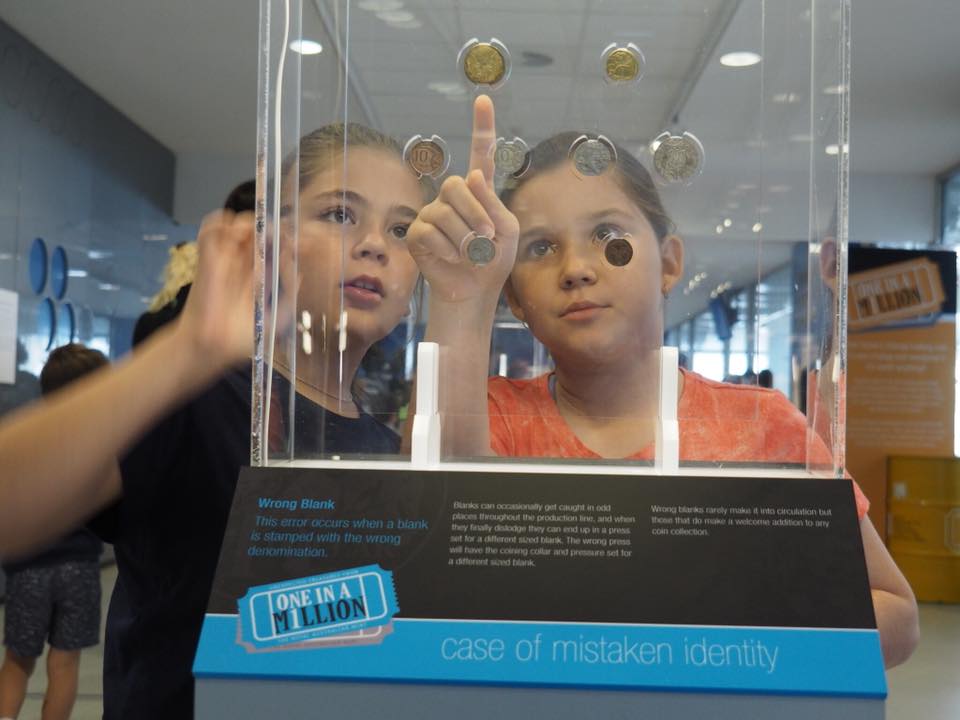
Encourage the art of observation
A few weeks ago, Sunshine was in the garden when she noticed an insect hovering above a hole in the ground. She ran to me and asked me to watch. Over a 5 minute period, we watched the flying insect repeatedly enter the hole, remove dirt, fly around the hole and repeat the process. Of course, Sunshine’s curiosity kicked in and with it a number of questions: what type of insect was it? Why was it digging a hole? Was it a dangerous insect?
It was late in the day and we had little time to head to a museum to research the insect, so I queried how Sunshine might find out more about the insect and learn its type. She decided that she would: DM the Australian museum on Instagram; post the video asking viewers what they thought it was, do an internet search about flying animals, and check our insect reference book. All great ideas.
Within the hour she discovered that the insect was a Cicada-killer wasp. She was able to identify the wasp by her careful observations of its body type, wings, colouring and of course, its behaviour. This discovery then led her to wonder where the cicadas are around our house and her next observation phase began!
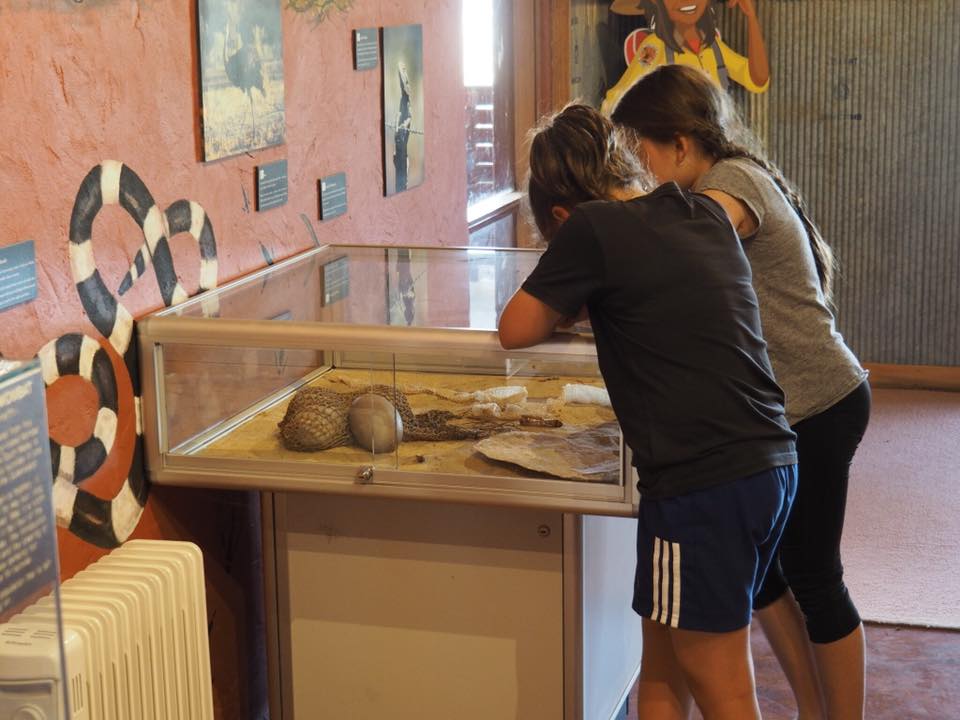
Wondering what you can do right now to inspire your child’s curiosity? Simply head into your backyard and start observing!
